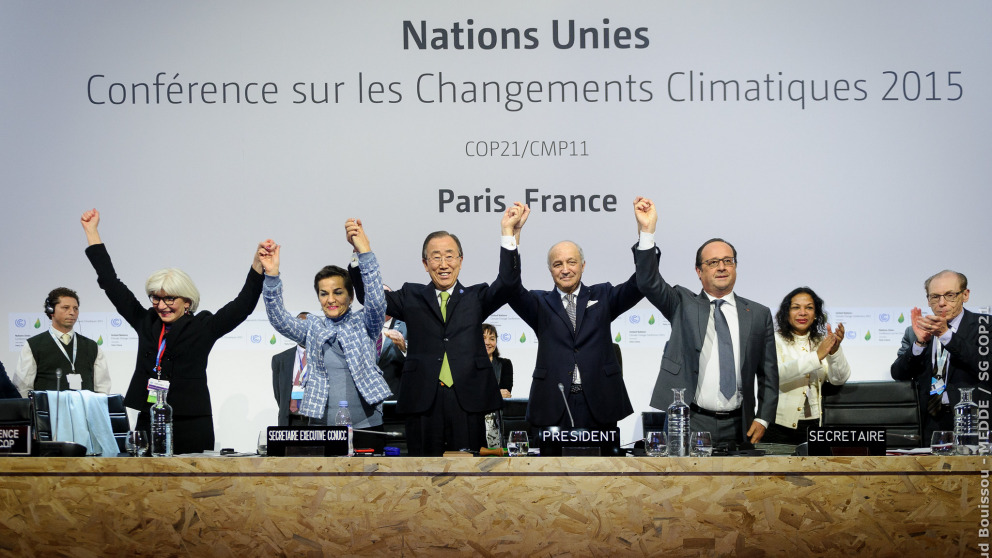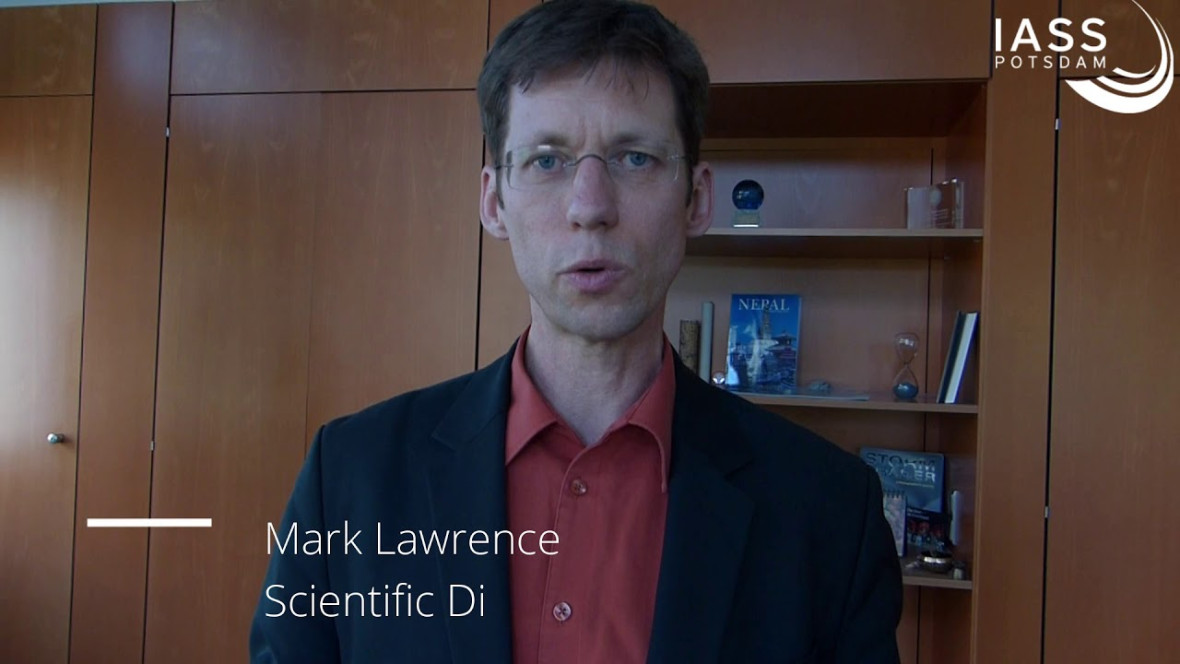More Democracy – A Second Chance for Climate Politics
27.05.2019
Hope was high when the Paris Climate Agreement was adopted 2015. Under the agreement, countries pledged to keep global warming well below two degrees Celsius. Five years later, the situation is sobering: global emissions of carbon dioxide and other climate-relevant gases continue to rise. In an article in Science magazine, Mark Lawrence and Stefan Schäfer of the Institute for Advanced Sustainability Studies (IASS) argue that the centralized approach to addressing global warming has failed and only greater democratic engagement can reanimate global climate politics.

“Temperatures are continuing to rise, CO2 levels are setting new records every year, and it is becoming increasingly unlikely that we will succeed in even meeting the 2°C goal”, explains Mark Lawrence. The international community initially set its sights on limiting warming to 1.5°C, allowing for a further 400 to 600 gigatonnes (Gt) of CO2 emissions. But with total CO2 emissions at over 40 Gt per year and rising, the global carbon budget for this goal will be exceeded within roughly a decade. And if emissions continue at this rate, it will only take about another 15 years to reach the 2°C target – in other words, the international community is currently on a trajectory to exceed the 2°C limit by about 2045 or shortly thereafter.
According to the two experts, states have clung for too long to unrealistic scenarios for achieving global goals, in which, for example, techniques for the capture and storage of carbon dioxide (Carbon Dioxide Removal, CDR), also referred to as negative emissions, play a disproportionate role. “The development of CDR is not expected to reach a point where these techniques could remove CO2 from the atmosphere on a climate-relevant scale until the middle of this century,” explains Prof. Lawrence, “However, in order to keep temperature rise below two degrees, we need to reduce climate-harming emissions to zero already by 2050.” The two authors identify “a problematic reliance on future technologies” that remain untested at the scales required to impact the global climate system.
Prepare for temperature rise of over 2°C
Lawrence and Schäfer argue that while global climate goals offer states a means of orientation and of evaluating measures to mitigate climate change, this abstract and centralised system has failed to provide an adequate basis for the development and implementation of efficient measures to halt global temperature rise. Humanity must now prepare itself for a future in which global temperature rise will in all probability exceed the 2°C target, they conclude.
The system of Nationally Determined Contributions (NDCs), established by the Paris Agreement, offers a more promising route, the authors suggest, because it opens new opportunities for democratic engagement. “The democratic character of the Paris Agreement acknowledges the diversity of local contexts,” says Schäfer, “And provides a means to reanimate global climate politics and advance transformation processes at more local levels. A more democratic politics will also enable us to cope better in a world in which global warming eventually does exceed the 2°C target.”
Publication:
Mark Lawrence and Stefan Schäfer: Promises and perils of the Paris Agreement, Science, 31 May 2019, Vol 364, p. 6f.
Media
Statement Mark Lawrence


